UN experts voice concern over excessive use of force by French police
United Nations experts have expressed concern over reports of excessive use of force during protests in France earlier this year over controversial pension reform plans by President Emanuel Macron.
“The lack of restraint in the use of force against members of civil society for demanding their rightful participation in decision-making processes concerning their future, access to natural resources, the protection of human rights, dignity and equality would not only be anti-democratic, but profoundly worrying for the protection of the rule of law,” the experts said in a statement on Thursday.
They called on authorities to undertake a comprehensive review of their policing strategies and practices to enable protesters to voice their concerns and facilitate peaceful demonstrations and participation in public affairs.
Experts noted that protesters from all age groups and different social movements - including trade unions and environmentalists - promoted and adopted peaceful methods, and organizers' demands were clearly stated before the rallies.
“The police used tear gas and stun grenades to disperse the crowds: ammunition that France is the only European country to use in public order operations,” the experts said.
According to reports, the police crackdown left dozens of people injured, including protesters, journalists, elected officials, and passers-by.
The Brav-M motorcycle brigade reportedly threatened and beat demonstrators in Paris, and police in Sainte-Soline reportedly fired rubber bullets from four-wheeled motorbikes. Reports of arbitrary arrests of several people were also published in different cities.
"We know that some isolated acts of violence have damaged public property and injured members of the security forces, but the number of people injured and the intensity of the reported violence are alarming," the experts said.
The experts once again called on the authorities to promote freedom of association by taking the necessary measures to investigate violent acts during the protests and prosecute the perpetrators.
Since the beginning of the year, thousands of people have mobilized in various French cities to condemn the government's proposed pension reforms and water management policies in the face of the climate emergency.
Experts also expressed their concern about the growing trend of stigmatization and criminalization of individuals and civil society organizations to raise awareness about the consequences of climate change, to justify the excessive, frequent, and intensified use of force against them.
“The right to peaceful assembly is a fundamental right that forms the very basis of participatory governance systems founded on democracy, human rights, the rule of law, and pluralism,” they said.
“We remind France that any policing strategy must respect the principles of necessity and proportionality, with the sole aim of facilitating peaceful assemblies and protecting the fundamental rights of participants – including their right to life and to physical and psychological integrity,” concluded the experts.
In recent weeks, criticism from human rights groups mounted over the alleged brutality of French police in handling protests opposed to Macron's pension reform.
Rights watchdogs had expressed worries over what they termed "arbitrary" detentions and the police's excessive use of force.
However, security officials have defended their actions, saying they are responding to violent rioters and anarchist groups which frequently infiltrate French demonstrations to provoke clashes.
The French Human Rights League has accused the authorities of "undermining the right of citizens to protest by making disproportionate and dangerous use of public force".
"The authoritarian shift of the French state, the brutalization of social relations through its police, violence of all kinds and impunity are a major scandal," the league's president Patrick Baudouin said.
Rights groups have also raised concerns over the police's repeated use of "kettling", also called "trap and detain" in the United States, a crowd-control tactic consisting of cordoning off protesters in a small area.
VIDEO | Gaza bakery supports displaced families ahead of Ramadan Iftar
France blocks US ambassador from ministerial meetings after summons no-show
Around 20 govts. warn Israel secretly annexing West Bank
Iran pursuing broader cooperation with African nations: Pezeshkian
Israeli minister threatens to seize entire Gaza if Hamas refuses to disarm
VIDEO | Gaza teacher starts ‘Little Wings’ initiative to bring joy to kids
Spanish FM urges firmer EU stance on Gaza crisis, West Bank settlement expansion
Israel ‘serious obstacle’ to nuke-free West Asia: Iranian diplomat


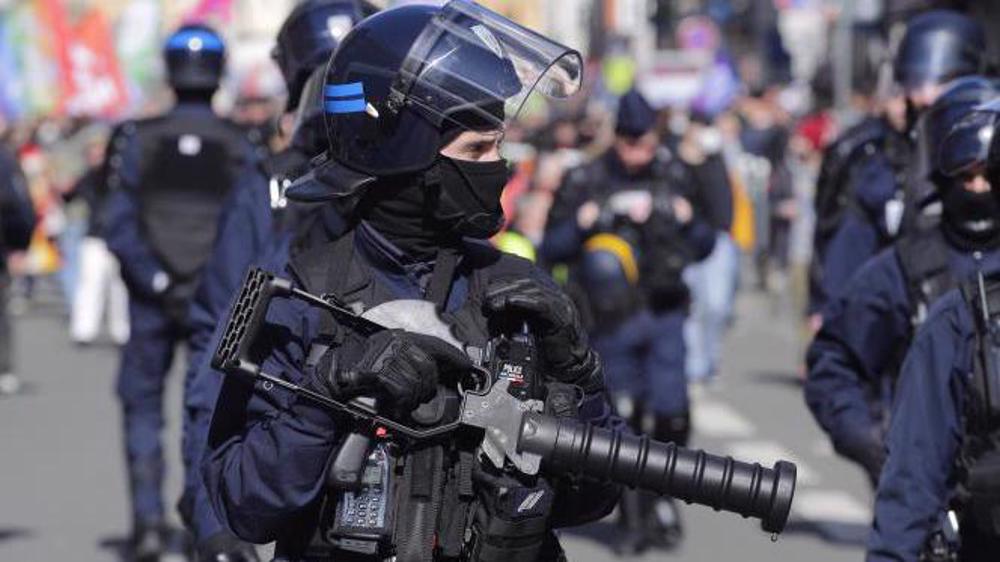
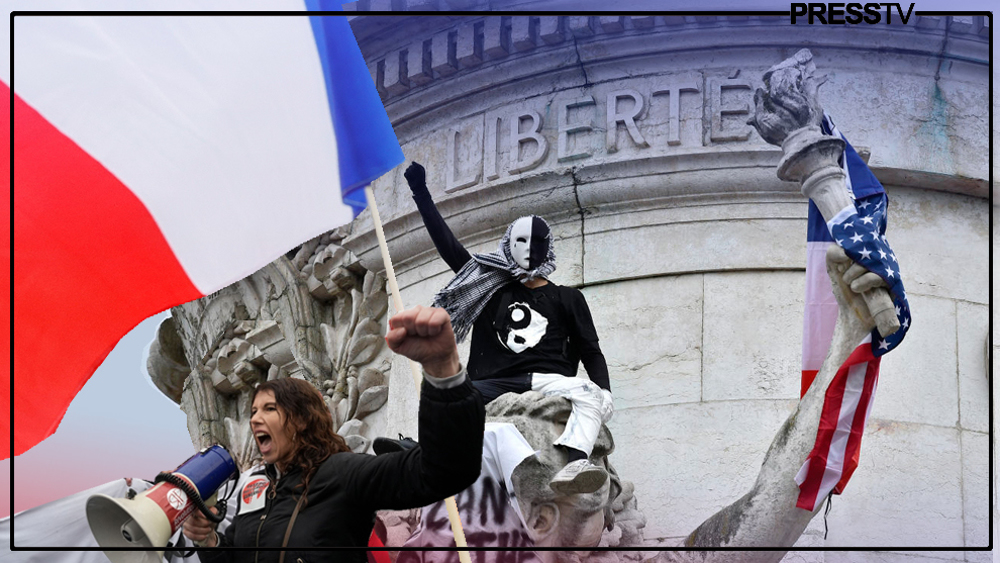
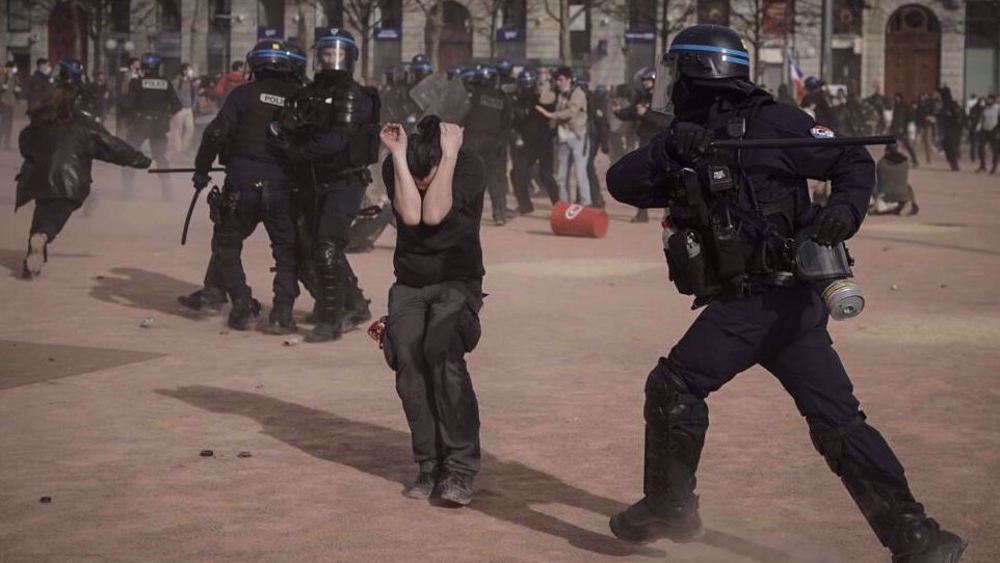
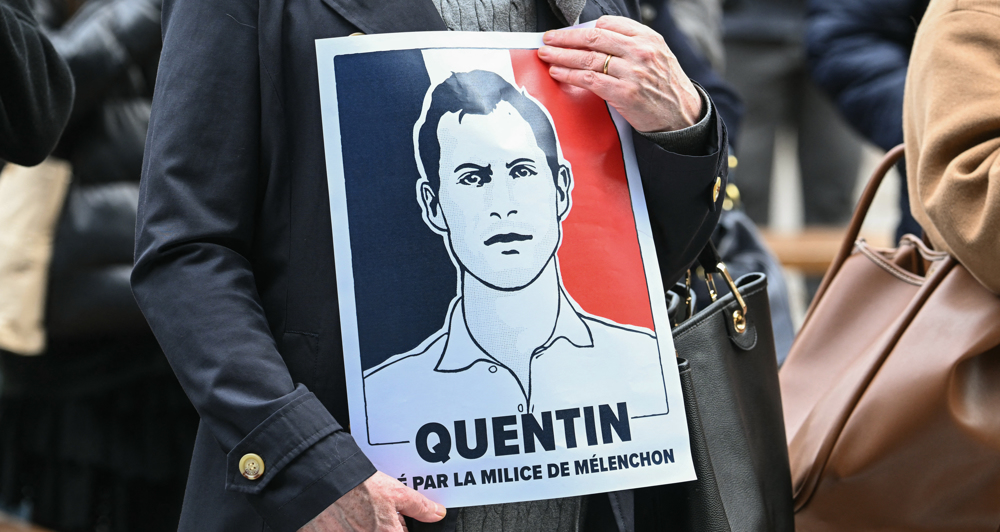
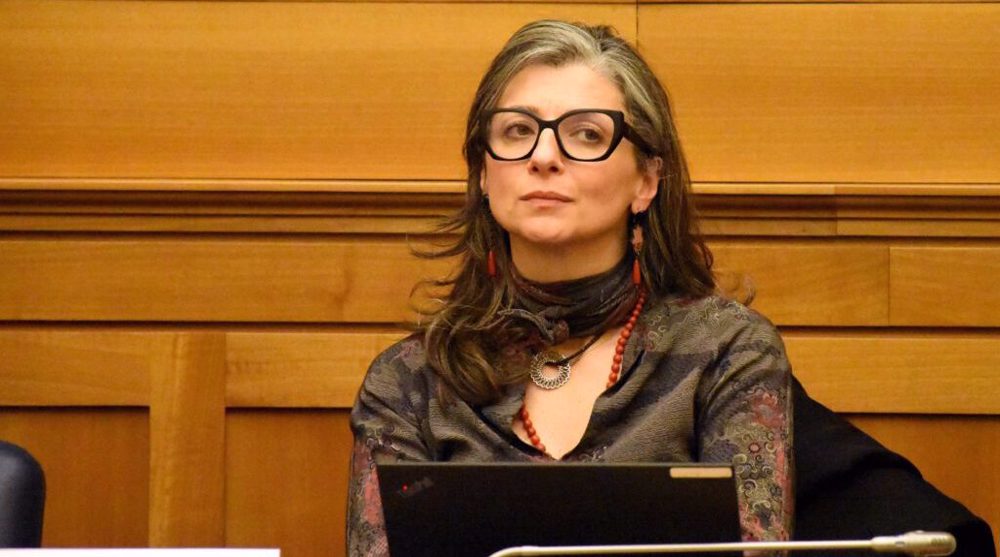
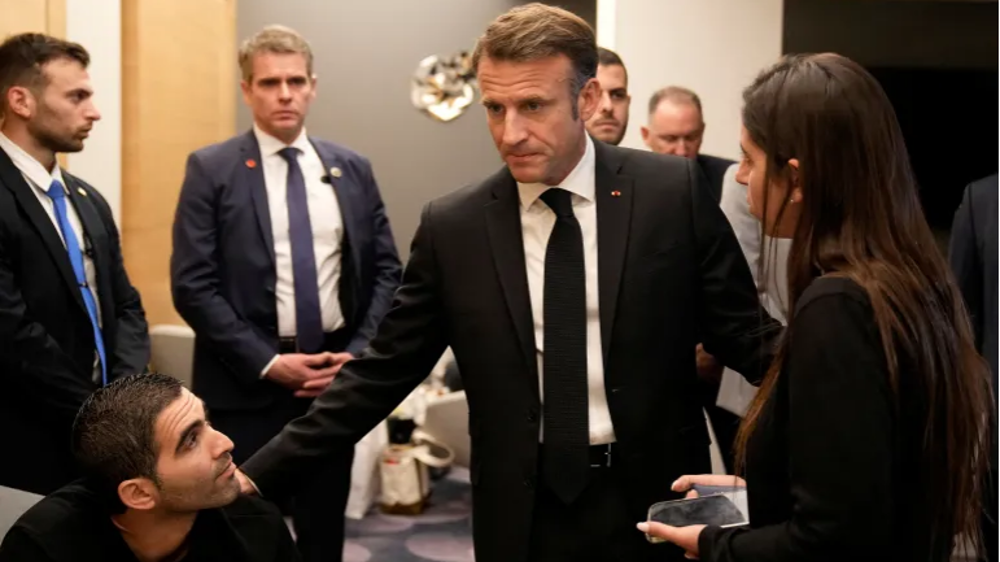



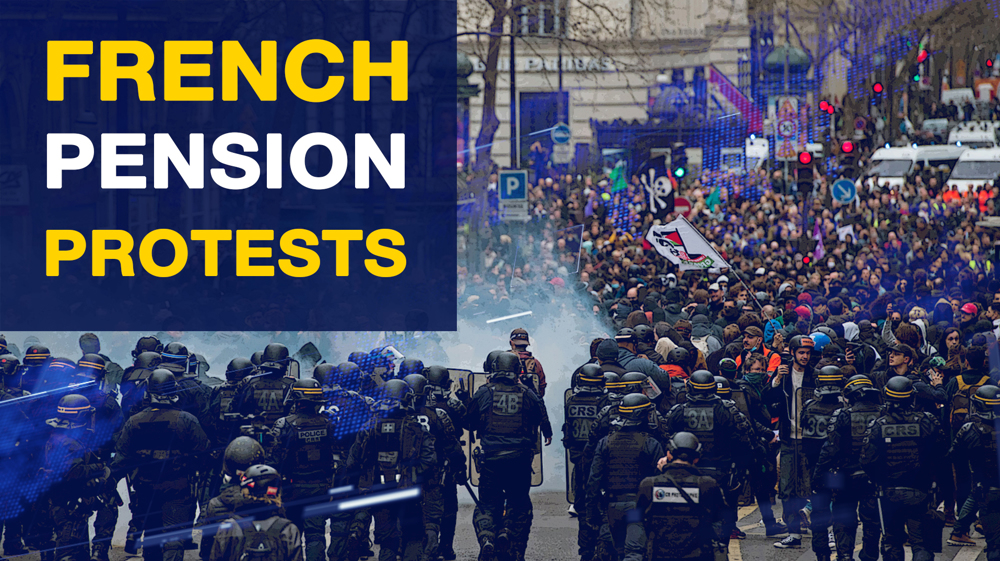


 This makes it easy to access the Press TV website
This makes it easy to access the Press TV website